Shark Quotas and Quality Control: What Processing Plants Need to Know
By. Lutfi - 12 Sep 2025.jpg)
Kelolalaut.com In the seafood industry, sharks have long been a controversial resource. While some species are targeted for their fins, meat, liver oil, and cartilage, strict regulations now limit how many sharks can be caught worldwide. These regulations take the form of shark catch quotas, designed to prevent overfishing and protect vulnerable shark populations. For processing plants, understanding and adapting to these quotas is essential—not only for compliance but also for ensuring product quality and sustainability.
This article explores the connection between shark quotas and quality control, and highlights what fish processing plants need to know in order to thrive in a regulated environment.
Why Shark Quotas Matter
Shark quotas are not arbitrary restrictions; they are science-based limits that reflect the delicate balance between supply, demand, and conservation. Many shark species grow slowly, reproduce late, and produce very few offspring compared to other fish. This makes them especially vulnerable to overfishing.
For processing industries, shark quotas affect:
- Raw Material Availability – Quotas restrict the volume of shark meat and by-products available for processing.
- Market Stability – Controlled catches help stabilize supply and prices, preventing sudden scarcity or oversupply.
- Regulatory Compliance – Processing plants must follow both national and international quota policies to avoid penalties, product recalls, or trade bans.
Quality Control and Shark Products
Processing shark products is different from handling other fish. Shark meat, for instance, is highly perishable due to its high urea content, which can break down into ammonia and affect taste and safety if not processed quickly. With quotas reducing the volume of available shark raw material, quality control becomes even more critical.
Key aspects include:
- Freshness Monitoring – Ensuring raw shark material is processed immediately after catch to prevent ammonia buildup.
- Hygiene Standards – Preventing contamination during cutting, cleaning, and packaging.
- Traceability – Linking each processed batch to quota-approved catches, ensuring legality and transparency.
- Waste Management – Since quotas restrict catch, every part of the shark (meat, skin, cartilage, oil) must be utilized efficiently to maximize value.
Implications for Processing Plants
- Adapting to Limited Supply
With quotas in place, processing plants cannot rely on unlimited shark catches. They must diversify by processing alternative fish species while maintaining shark processing as a specialized niche.
- Investing in Quality Assurance Systems
The lower the volume, the higher the importance of maximizing product quality. Plants must strengthen HACCP (Hazard Analysis and Critical Control Points) and other quality assurance systems to prevent losses.
- Collaboration with Fishermen and Authorities
Processing plants need to work closely with fishing companies to ensure that all shark products come from legally caught quotas. Documentation and certifications (such as CITES permits for endangered species) must be integrated into quality control systems.
- Market Communication
With increasing consumer awareness, plants should emphasize that their shark products come from legal, sustainable, and quota-compliant sources. This improves trust in international markets.
The Global Perspective
Countries such as the United States, Australia, and members of the European Union strictly regulate shark quotas. Processing plants in exporting countries must meet these standards to access global markets. For example:
- The EU bans imports of shark products without proper quota documentation.
- CITES (Convention on International Trade in Endangered Species) requires permits for many shark species before they can be processed or exported.
This means that processing plants in Asia, South America, and Africa—where much of the world’s shark catch is landed—must modernize and strengthen their quality control systems to remain competitive.
Shark catch quotas are reshaping the seafood processing industry. For fish processing plants, they are not simply a challenge but also an opportunity to improve sustainability and product quality. By adapting to limited supply, enhancing quality control systems, and ensuring strict compliance with regulations, processing plants can turn quotas into a competitive advantage.
In short: Healthy shark populations mean a healthier industry. Quotas protect sharks, support sustainable fisheries, and push processing plants toward higher standards of safety, quality, and responsibility.
If youre interested in our Shark Belly , Shark Fillet , Shark Flake and Shark Cartilage please do not hesitate to contact us through email and/or whatsapp
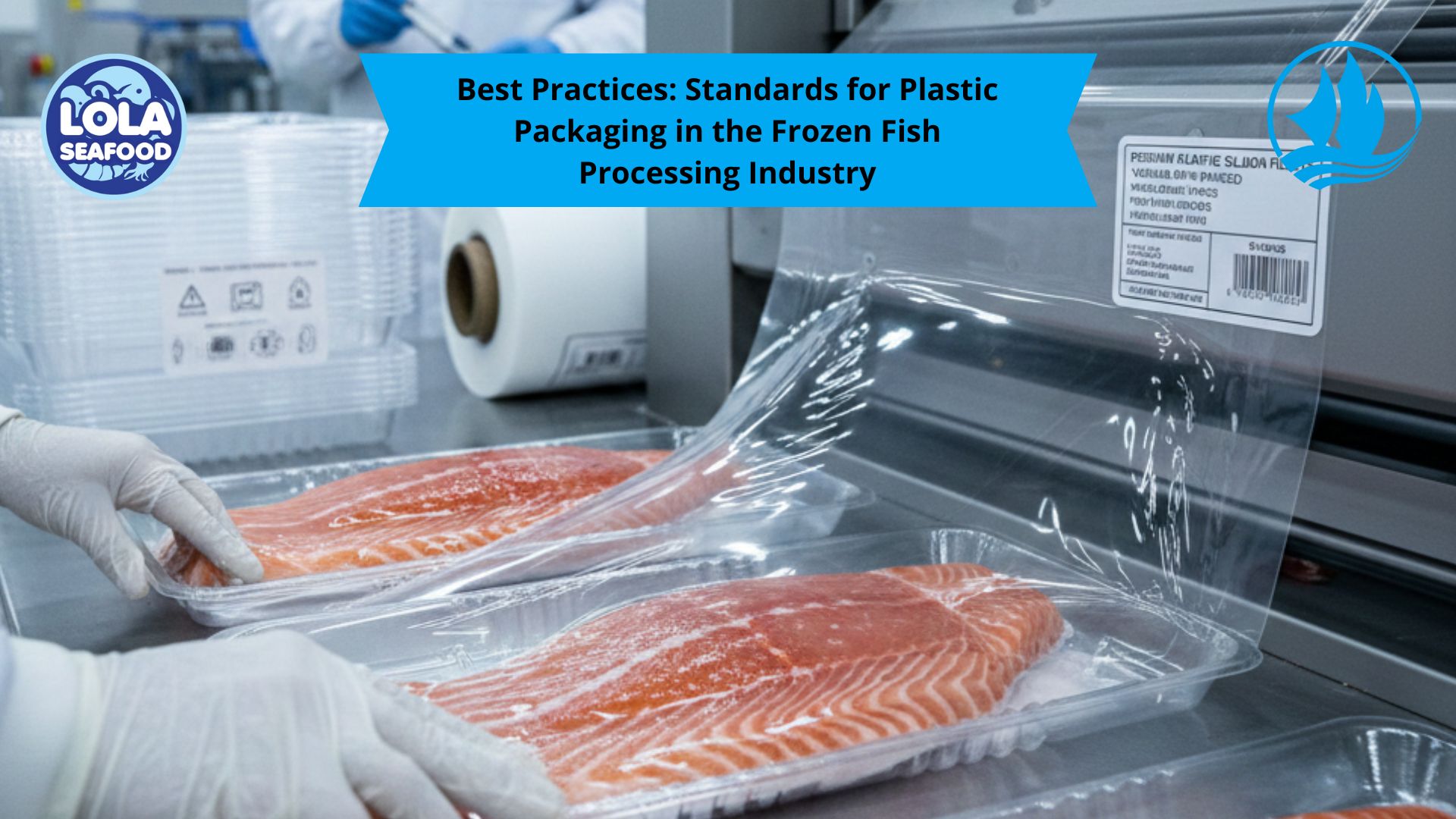
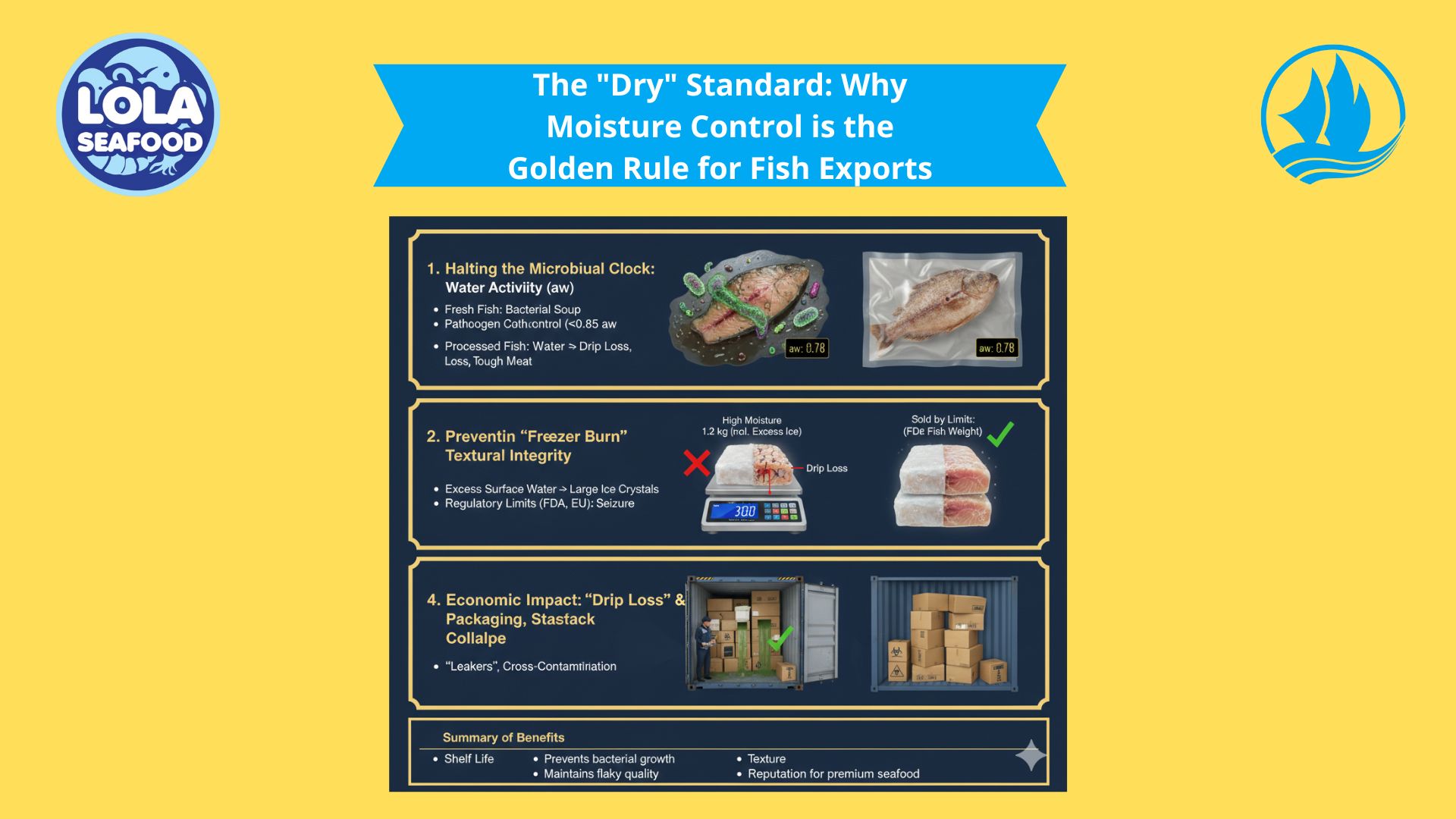
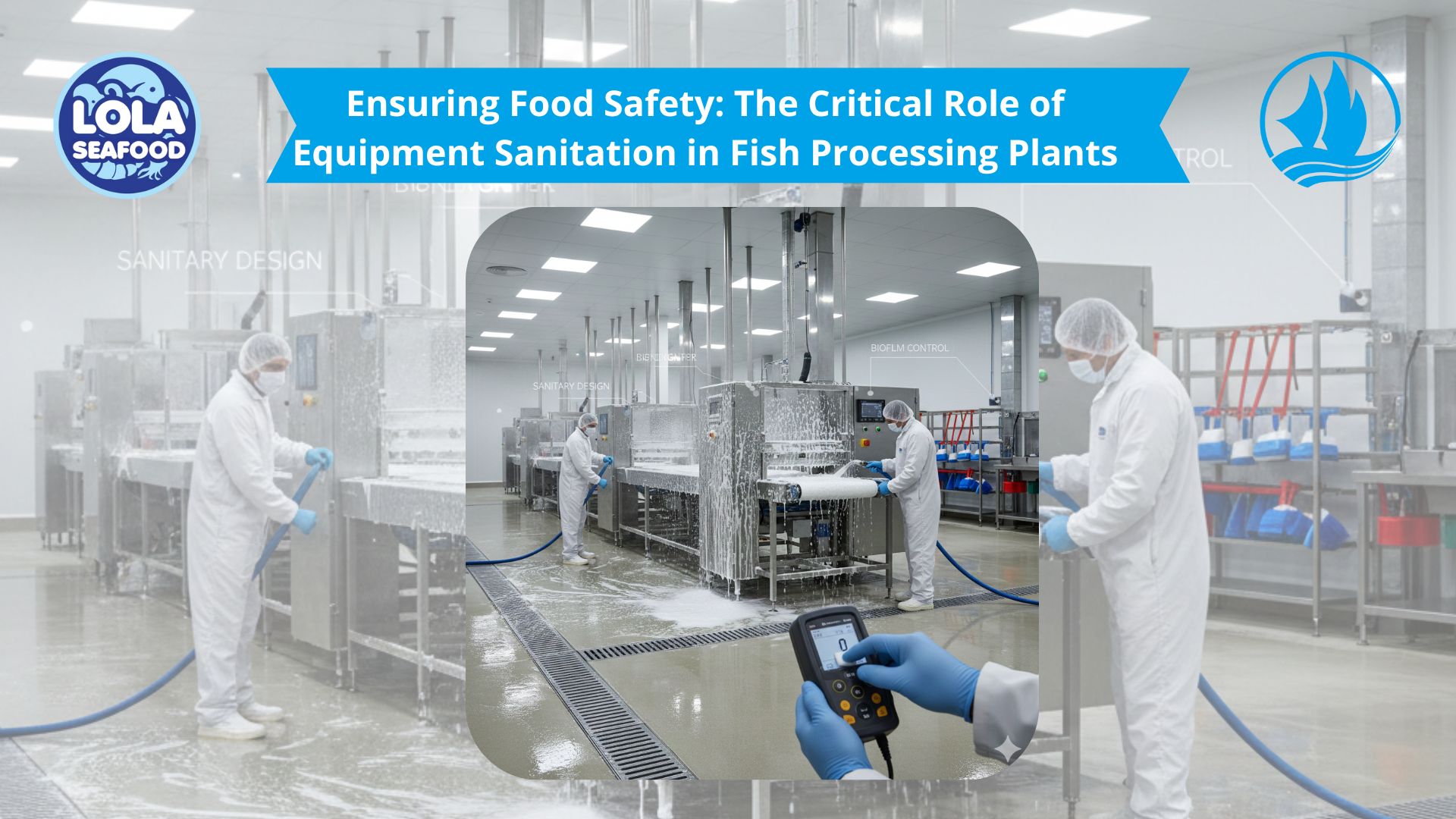
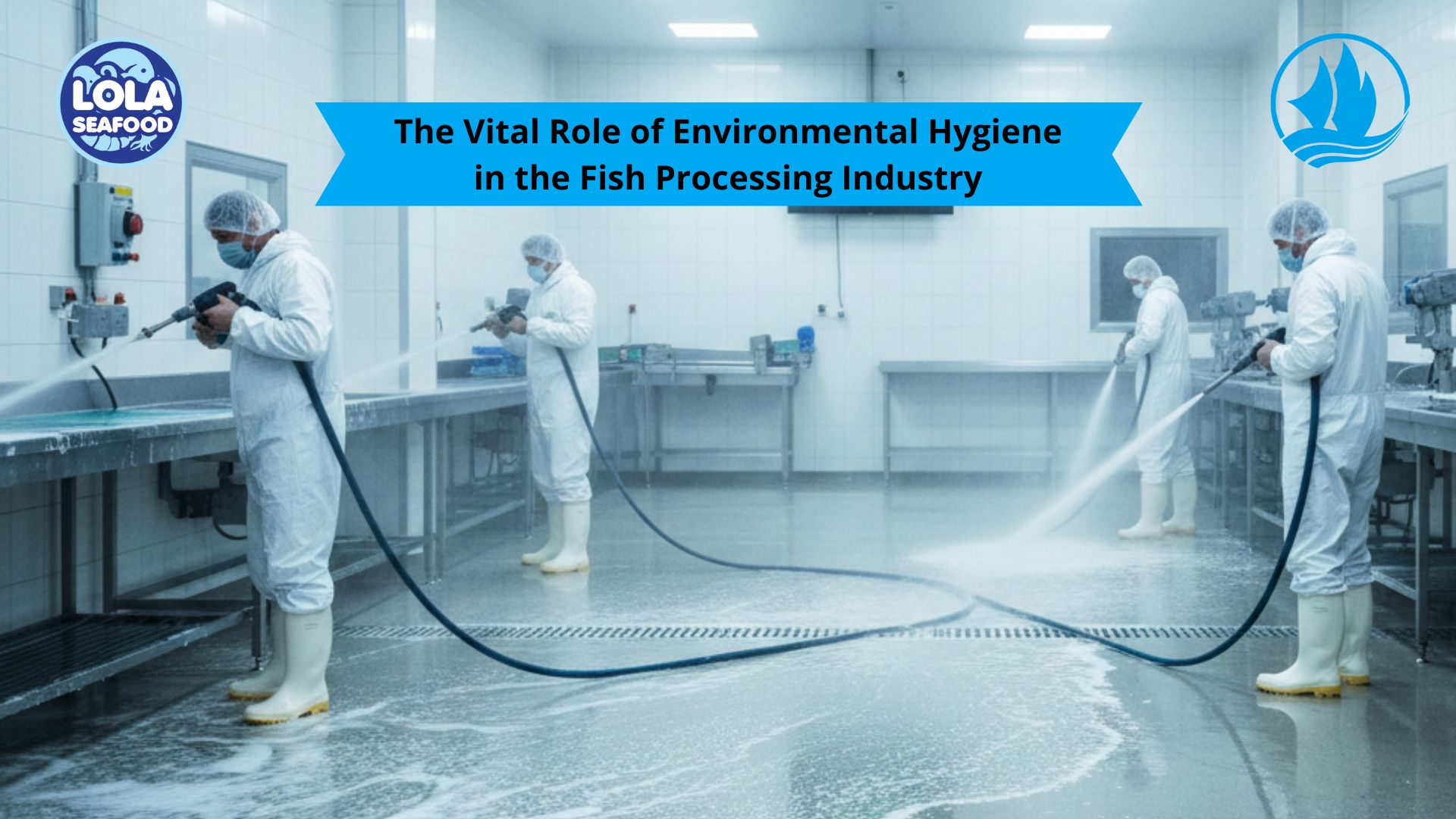

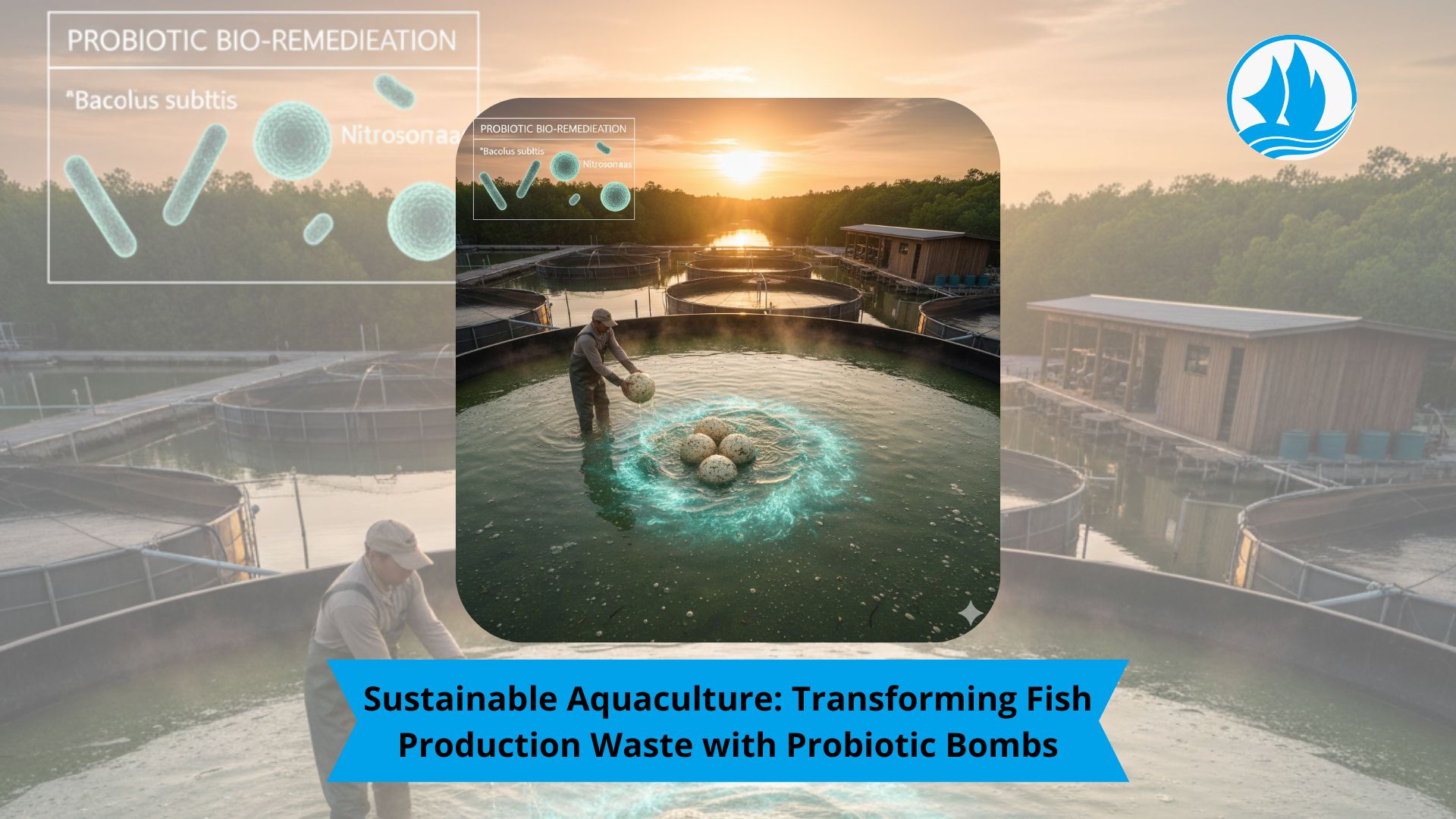

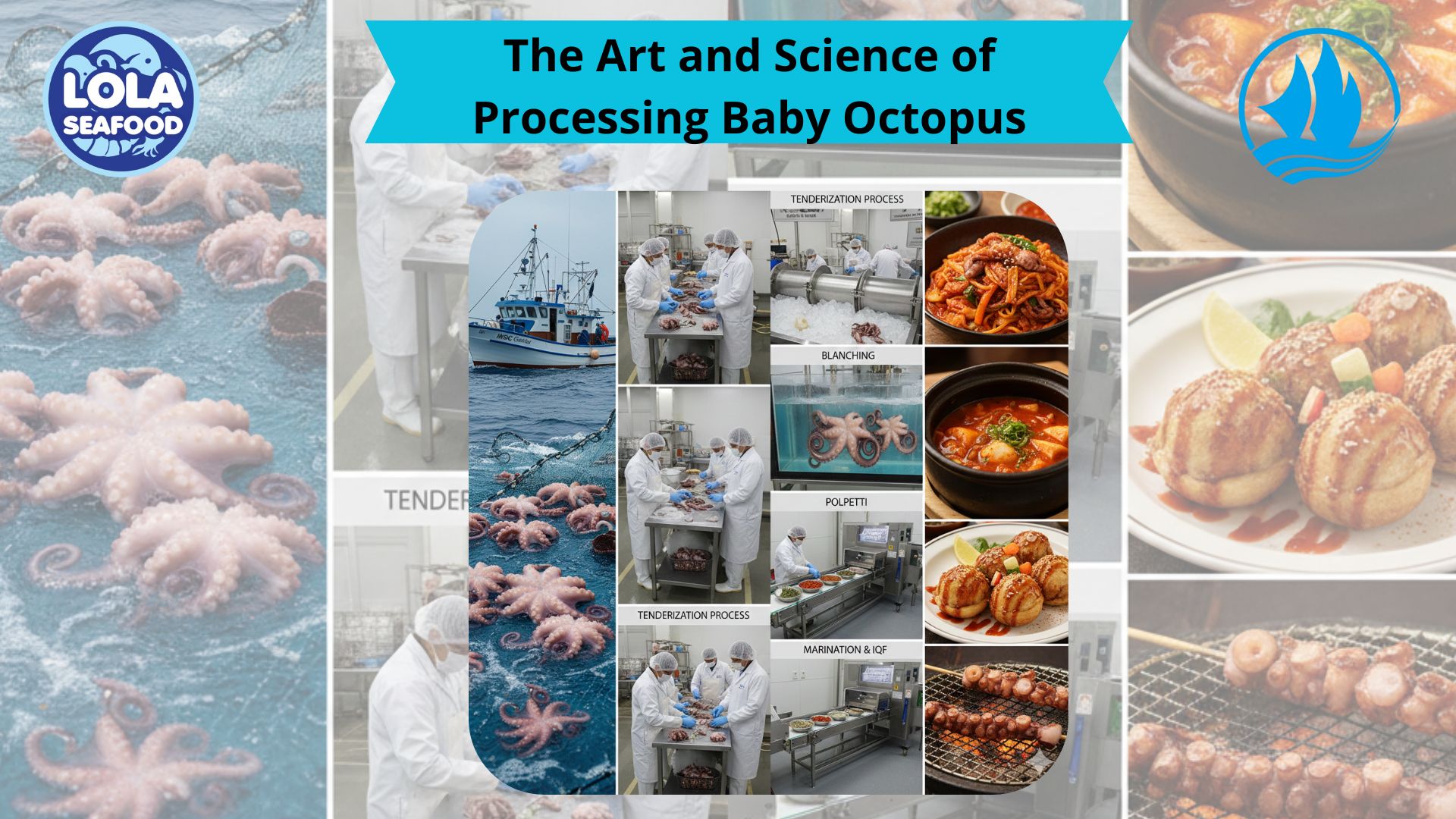
 in Modern Fish Processing Industries.jpg)